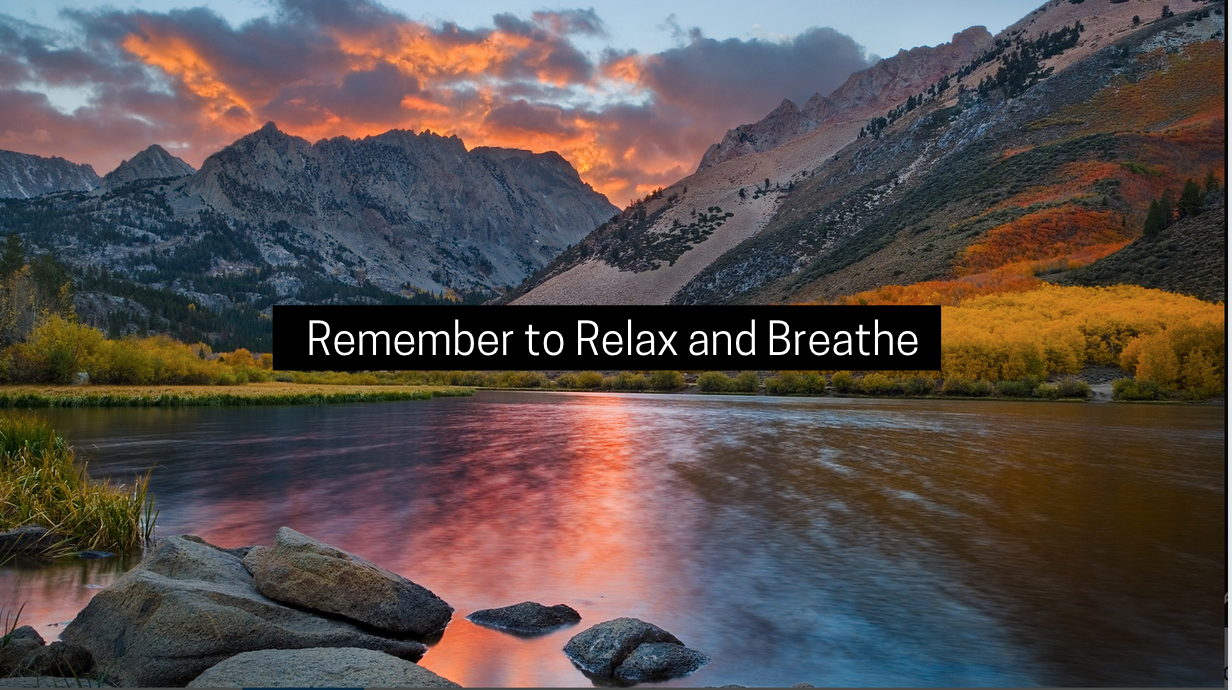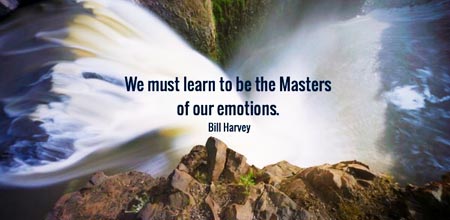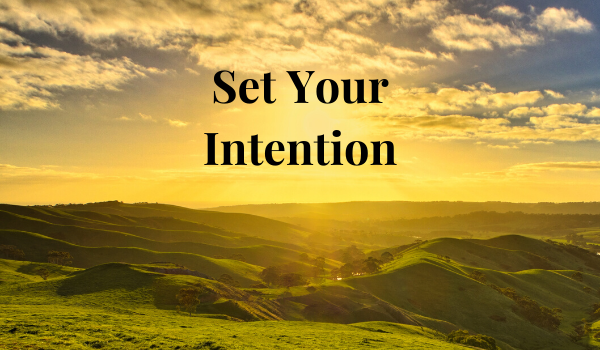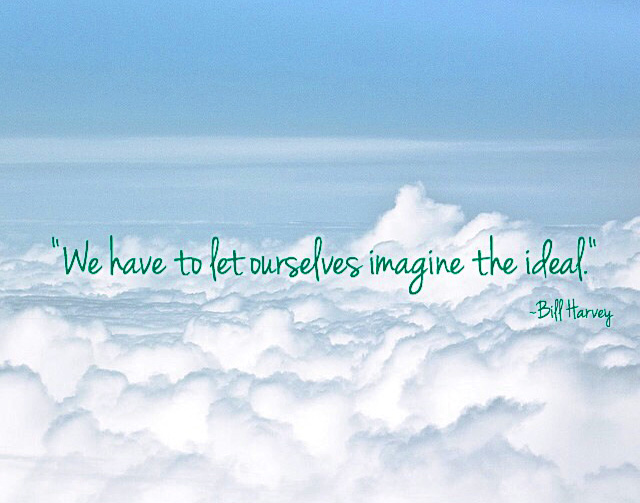Updated July 10, 2020
Be aware that everyone including you are is hair-trigger. There is a sense of being in a constant life-or-death matter. We are compressed as in jail, with a dose of daily sameness that feels weird. You may at the same time have more tasks to juggle than ever before. When you turn to your own passion work, does this bring you up and out of all that? Or are you feeling blocked? Have you run up against a challenge that is worrying you and bringing you down? Here’s another of the tools I keep handy when I run up against a boulder that frustrates me, casting a dim light or even fog over the achievability of my goals and priorities. I find these tools can also be used proactively even during times of smooth sailing to notch my game up a bit.
 Image by Pedro Fernandez*
Image by Pedro Fernandez*
Imagine that you can feel the muscles in your head relaxing while you go blank and stop gnawing whatever bone has your mind obsessed at the moment. Don’t let yourself revive that conversation in your head for a while. Let it go, for now, and steer yourself into thinking or feeling about some different subject, for at least several minutes. If timing permits, it’s ideal to do this for up to three days.
Step away. Get out in nature alone, even when it’s cold or cloudy. Sit in it, hear it, smell it and see it. Pay attention to nature all around you, up and down, above and below you. (This works in the streets of big cities too although not as powerfully, so nearby parks are a plus, the less city-like the better.) This makes room for the inner messages that come from our feelings and intuitions, and the outer messages we get from our five senses.
Like trying to remember a word that’s on the tip of your tongue, you have to stop trying to remember it. You are going into the wrong file drawers in your mind, which blocks you from relaxing into the right file drawer where suddenly the word just pops into your mind in the midst of some completely different conversation.
Turning away from a problem allows the subconscious mind with its far greater resources to approach the problem from new directions. If we persist in trying the ingrained approach we are stuck in and can’t see beyond, it will just take longer to get to a solution, making us miserable and less effective in everything else we do in the meantime.
Try this approach next time you have a boulder to move. It works for me.
Best to all,
Bill
Follow my regular media blog contribution, In Terms of ROI at MediaVillage.com. Here is the link to my latest post.
*text added to original



